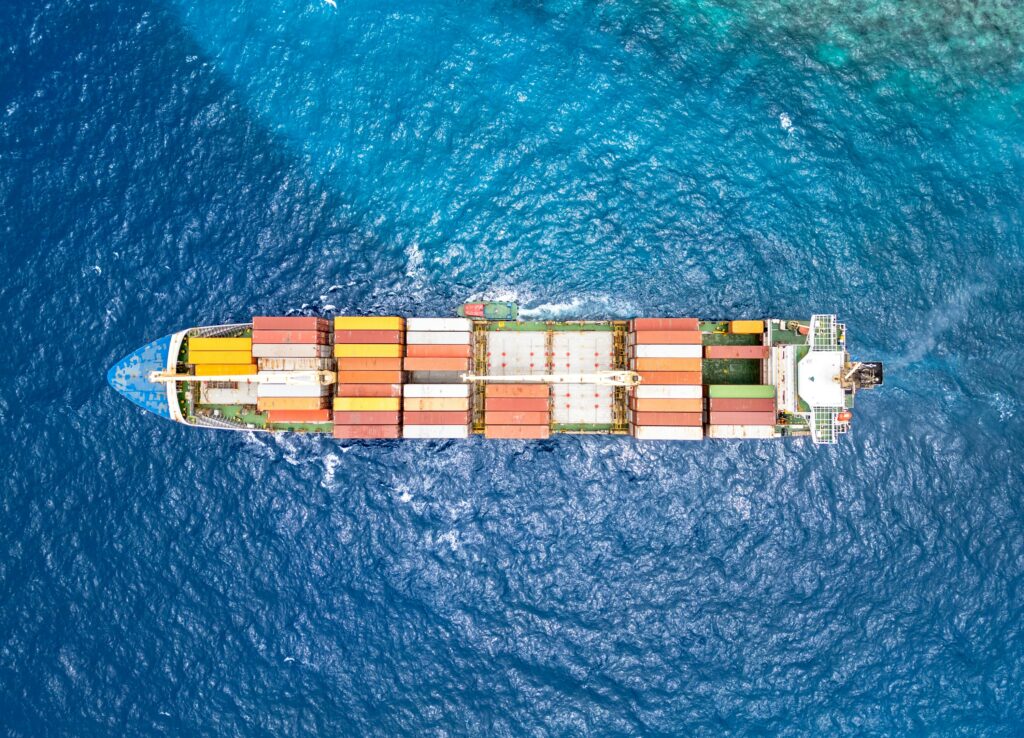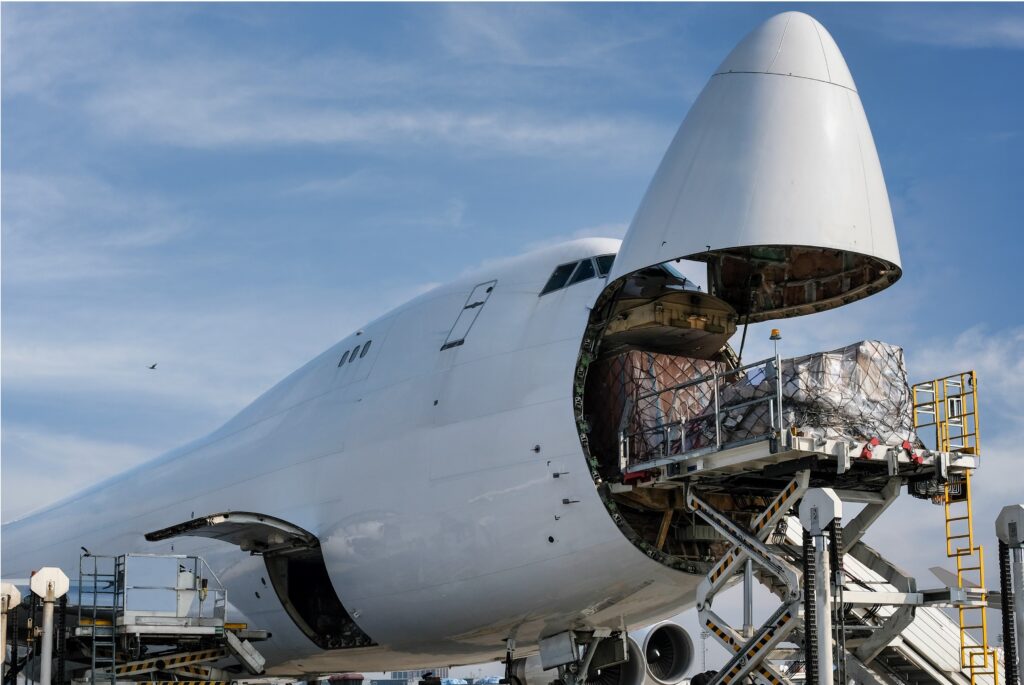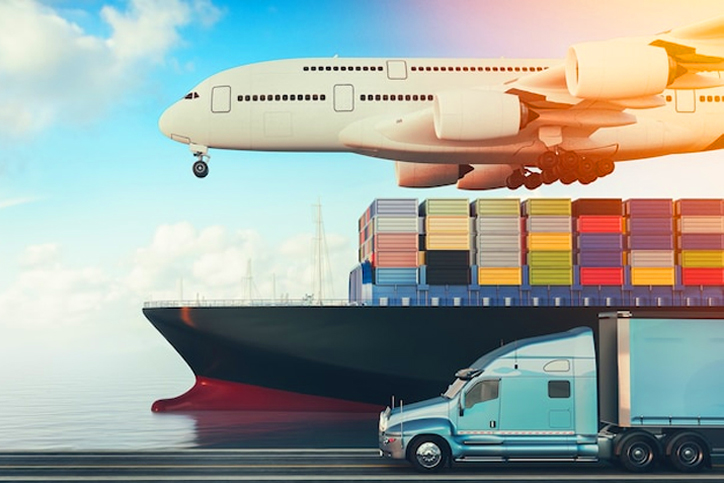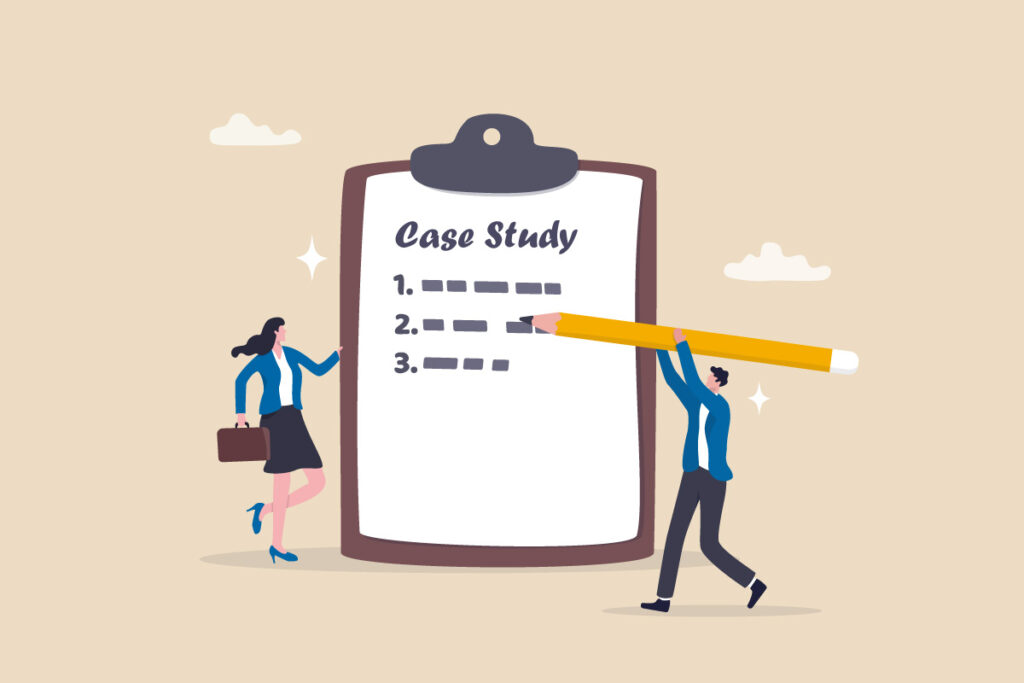- By TOP CHINA FREIGHT
- September 15, 2025
- Uncategorized
Table of Contents
Shipping goods from China to India has become increasingly complex due to fluctuating freight charges from China to India, customs regulations, and transit delays. Importers often face challenges calculating shipping costs, comparing FCL and LCL options, and choosing the most efficient shipping methods. Working with a professional freight forwarder or broker can help optimize routes, reduce costs, and ensure timely delivery.

What factors influence freight charges from China to India?
Freight charges vary depending on several key factors:
Shipping method:
Sea freight is cost-effective for bulk cargo, while air freight is faster but more expensive.
Container type:
FCL (Full Container Load) vs LCL (Less than Container Load) affects pricing per CBM or tonnage.
Port of origin and destination:
Major ports may offer lower handling fees, while smaller ports can increase charges.
Cargo characteristics:
Weight, dimensions, and classification influence freight costs and customs duties.
Seasonality:
Peak shipping periods, such as before Chinese New Year, may increase rates.
Table: Factors Affecting Freight Charges
| Factor | Impact on Freight Charges |
|---|---|
| Shipping Method | Sea cheaper than air |
| Container Type | LCL higher per unit than FCL |
| Port Selection | Congestion increases fees |
| Cargo Weight/Volume | Heavier or oversized cargo = higher cost |
| Seasonal Demand | Peak season surcharges apply |
How much does sea freight from China to India cost?

Sea freight is the most common method due to cost efficiency.
| Container Type | Estimated Cost (USD) | Transit Time | Notes |
|---|---|---|---|
| 20ft FCL | $1,800–$2,500 | 15–20 days | Ideal for bulk shipments |
| 40ft FCL | $2,700–$3,500 | 18–25 days | Standard for large cargo |
| LCL per CBM | $40–$70 | 20–30 days | Flexible for smaller shipments |
Costs fluctuate based on fuel surcharges, port congestion, and seasonal demand. Freight forwarders help secure lower rates through consolidated shipments.
How do air freight charges compare?

Air freight is faster but considerably more expensive, suitable for urgent or high-value cargo.
| Cargo Type | Estimated Cost (USD/kg) | Transit Time | Notes |
|---|---|---|---|
| Standard Cargo | $5–$8 | 3–7 days | Fast but costly |
| Express Cargo | $8–$12 | 2–4 days | Urgent shipments |
| Dangerous Goods | $10–$15 | 3–7 days | Requires documentation |
Air freight allows for just-in-time supply chains but is generally not cost-effective for large volumes.
What documentation is required for shipments?

Proper documentation ensures smooth customs clearance in India:
| Document | Purpose |
|---|---|
| Bill of Lading (B/L) | Proof of shipment |
| Commercial Invoice | Declares product value |
| Packing List | Details cargo dimensions and weight |
| Certificate of Origin | Required for preferential tariffs |
| Import License | Mandatory for restricted goods |
| Customs Declaration | Provides shipment details to authorities |
How to reduce freight charges from China to India?
Combine multiple LCL shipments into one FCL container.
Choose less congested ports or direct shipping lines.
Avoid peak season surcharges by planning shipments in advance.
Work with freight brokers or forwarders to secure discounted carrier rates.
Minimize volumetric weight to reduce air freight costs.
Pros and cons of shipping methods

| Shipping Method | Pros | Cons |
|---|---|---|
| Sea Freight | Cost-effective, bulk capacity | Slower, longer transit times |
| Air Freight | Fast, reliable for urgent goods | Expensive, limited volume |
| Express Courier | Door-to-door, fast | Very costly, limited size |
Choosing the right method depends on urgency, cargo type, and budget.
How long does shipping take from China to India?
Transit time depends on shipping method, route, and cargo type.
| Destination Port | Sea Transit | Air Transit | Notes |
|---|---|---|---|
| Mumbai | 15–20 days | 3–5 days | Direct shipping lines |
| Chennai | 18–22 days | 4–6 days | Popular for industrial imports |
| Kolkata | 20–25 days | 5–7 days | Eastern port hub |
| New Delhi (inland) | 20–28 days | 3–5 days | Requires inland transport |
Freight forwarders help optimize routes and transit schedules to reduce delays.
Case Study: Optimizing Freight Charges from China to India

A textile importer faced high sea freight costs for LCL shipments to Mumbai. By working with a local freight forwarder, they:
- Consolidated shipments into FCL containers
- Scheduled off-peak shipments
- Negotiated better carrier rates
Outcome:
Transit times improved by 5 days and annual freight expenses dropped by 25%, saving over $50,000. This demonstrates the effectiveness of professional guidance for cost reduction and efficiency.
How to choose the right freight forwarder?
Consider these factors:
- Experience with China-India shipping routes
- Global network for ocean, air, and courier options
- Transparent pricing with itemized quotes
- Customer support for real-time tracking
- Customs expertise to avoid clearance delays
A reliable forwarder can reduce costs, minimize risks, and improve delivery reliability.
Conclusion
Understanding freight charges from China to India requires consideration of shipping methods, container types, transit times, and customs documentation. Partnering with a professional freight forwarder optimizes costs, ensures timely delivery, and simplifies complex logistics.
Need a Shipping Quote?
If you want expert guidance and peace of mind, our team is ready to assist.
TJ China Freight offers tailored solutions to help businesses of all sizes ship more reliably from China.

FAQ
Q1:Can LCL shipments reduce overall freight costs?
Yes, consolidating small shipments into LCL containers is cost-efficient for lower volumes, reducing storage fees and optimizing space utilization.
Q2:Do freight charges include customs duties?
Typically, ocean or air freight charges exclude customs duties. Forwarders calculate duties and taxes for accurate total shipping costs.
Q3:How can I avoid peak season surcharges?
Plan shipments in advance and work with a freight forwarder to schedule off-peak shipping periods, minimizing additional surcharges and delays.
Q4:Are air shipments more cost-effective than sea shipments?
Air is faster but expensive. For urgent or high-value goods, air shipping is viable; otherwise, sea freight is preferable for bulk shipments.
Q5:Can freight forwarders provide insurance for shipments?
Yes, professional forwarders offer cargo insurance covering loss, theft, or damage during transit by sea or air.
